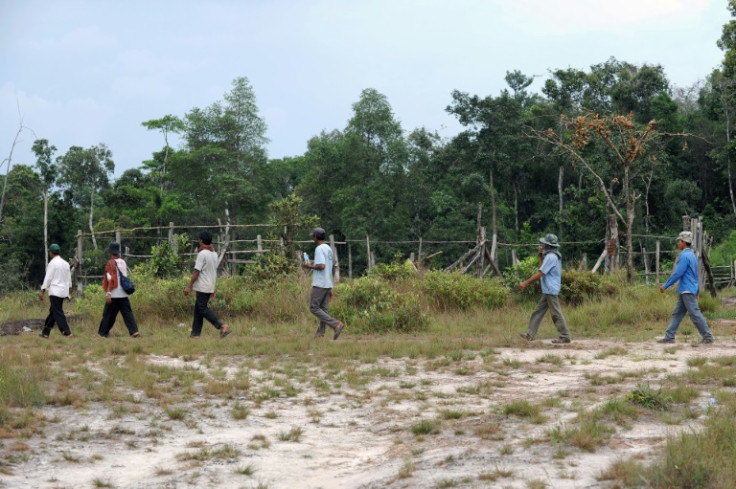Companies Seeking To Lead Must Heed Booming Green Industry And Circular Economy, Says Global GreenTag

In recent years, awareness around the climate crisis has continued to grow, amid several crucial climate records being broken, and 2015 to 2023 being the nine warmest on record. Biodiversity is worsening worldwide, with more natural habitats being lost due to direct human activity or due to climate change, which is being worsened by human activity.
With consumers being more aware of the state of the environment, there is a growing demand for products and services that do not harm the environment and, in some cases, even have a net positive effect. The concepts of green industry and the circular economy are fast gaining popularity, especially among the Lifestyles of Health and Sustainability (LOHAS) consumer demographic. Companies that wish to remain relevant in the future must genuinely contribute to these concepts and not just engage in superficial greenwashing, which many corporations today are guilty of.
But how can consumers be sure that the products they're buying are really green and not just greenwashed? The only solution is to have a data-backed, verifiable, and trusted method for certification. Aside from environmental issues, there is also growing awareness of ethical issues, such as the use of modern slavery in the supply chain, as well as increased focus on health, due to the COVID pandemic. This rise in both consumer and shareholder demand has resulted in a dramatic increase and the rise in the number of green buildings and the size of the global green building market for products.
Global GreenTag International offers certification services for green, healthy, and ethical products assessed through its advanced, scientifically based, product certification systems. Its certifications are recognized in 170 countries worldwide, as well as by the major global green building rating tools – LEED, WELL, Green Star, and BREEAM.
Global GreenTag began in 2003 as Ecospecifier, a product verification and assessment portal, founded by renowned sustainability and materials expert David Baggs and environmental strategist and futurist Mary-Lou Kelly. Baggs has worked in the green building sector for nearly 45 years and was the sustainability, materials, and energy consultant to 10 of the venues of the 2000 Sydney Olympics. Meanwhile, Kelly has been involved in the sustainability field for almost 30 years, building and guiding multiple successful, sustainability-focused companies that have served and supported the growth of the green building industries.
According to Baggs, their frequent interactions with companies, the academe, and other entities showed that there was a real need in the market for a trusted certification regime. which is why Ecospecifier was transformed into Global GreenTag in 2010.
Global GreenTag seeks to build trust back into the green marketplace and help save the planet in the process. Its certifications help cut through the greenwash and empower professionals and consumers to choose products that are ethically and responsibly made. These certifications require full disclosure of every product ingredient and process, making it the most independently verified, standards-compliant certification in the market.
According to Kelly, there is a huge lack of accountability in the market, and Global GreenTag is helping restore that accountability through its internationally trusted certifications. While she believes that many governments have been painfully slow in enacting environmental and ethical regulations for products, this is changing, spurred along by changing social attitudes. Companies that contribute to the circular economy will have an edge over their competitors, as they will be seen as a better choice by consumers and are less likely to run afoul of regulations and incur financial penalties.
"The need for a truly circular economy has never been greater," Kelly says. "Irresponsible consumption has created numerous environmental problems, and there is a genuine need for proper governance in the market, which can only be achieved by a trusted certification process that passes the world's toughest standards for health, eco performance, and safety. Global GreenTag is on the forefront of the change that is happening in the market. Companies with Global GreenTag certification can stand out as leaders in their industries and differentiate their products from the rest, allowing them to win in the rapidly expanding green marketplace."
"The underpinning value of Global GreenTag has always been the repair of nature," adds Baggs. "Whether that's reducing toxicity in products that safeguard people's health, or reducing the negative impact of a product's entire lifecycle on the natural environment. Everything we do is to support companies as they help themselves become more green and a part of the circular economy. We can't do that for them, but we can certify products where the manufacturers have done the work for them, through our science-backed, internationally trusted processes."
© Copyright IBTimes 2024. All rights reserved.











